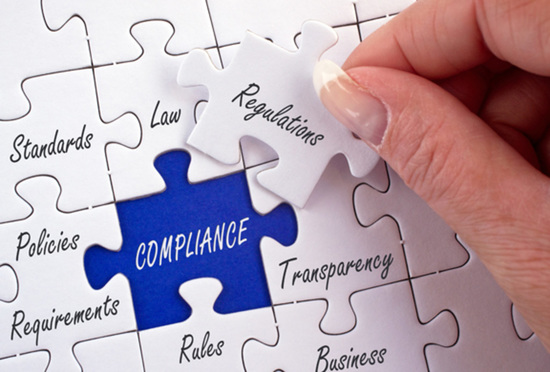Sarah Paul

March 26, 2021 | New York Law Journal
Prosecutors' New Weapon in Cross-Border InvestigationsThe Anti-Money Laundering Act of 2020, which became law on Jan. 1, 2021, greatly expands the U.S. government's authority to subpoena records from foreign banks with no U.S. branches, and this expansion has the potential to dramatically impact future white-collar investigations. This article provides insight into how the recent legislation could affect cross-border, white-collar investigations, how foreign banks can (or should) respond if they receive these subpoenas, and what affirmative measures foreign banks can take to prevent coming under scrutiny themselves.
By Sarah Paul and Andrea Gordon
8 minute read

March 11, 2020 | Legaltech News
Litigators and Privacy: The Last People You Want to See, or the First?In their consideration of possible worst-case cyber attack scenarios, organizations often focus on the various types of attacks and their relative severity. But, the worst-case scenario is not the breach itself.
By Michael Bahar, Sarah Paul, Matt Gatewood and Andrew Weiner, Eversheds Sutherland
10 minute read

March 04, 2020 | Law.com
Litigators and Privacy: The Last People You Want to See, or the First?In their consideration of possible worst-case cyber attack scenarios, organizations often focus on the various types of attacks and their relative severity. But, the worst-case scenario is not the breach, it's the reputational damage, regulatory enforcement action, the business interruption, and the inevitable litigation that follows a poorly handled breach from an unprepared organization. Given this reality, it is important to adjust planning assumptions and response scenarios to focus on addressing these drivers of post-breach exposure.
By Michael Bahar, Sarah Paul, Matt Gatewood and Andrew Weiner
10 minute read

January 10, 2020 | New York Law Journal
How To Avoid and 'Survive' the Dreaded MonitorshipThis article will explore trends in the use of monitorships, provide practical tips on using the DOJ's guidance to potentially avoid a monitorship, and—if a company is required to retain a monitor—how to "survive" the monitorship.
By Sarah Paul, Olga Greenberg and Andrea Gordon
9 minute read
Trending Stories
- 1Internal Whistleblowing Surged Globally in 2024, so Why Were US Numbers Flat?
- 2In Resolved Lawsuit, Jim Walden Alleged 'Retaliatory' Silencing by X of His Personal Social Media Account
- 3Government Attorneys Face Reassignment, Rescinded Job Offers in First Days of Trump Administration
- 4Disney Legal Chief Sees Pay Surge 36%
- 5Legaltech Rundown: Consilio Launches Legal Privilege Review Tool, Luminance Opens North American Offices, and More



